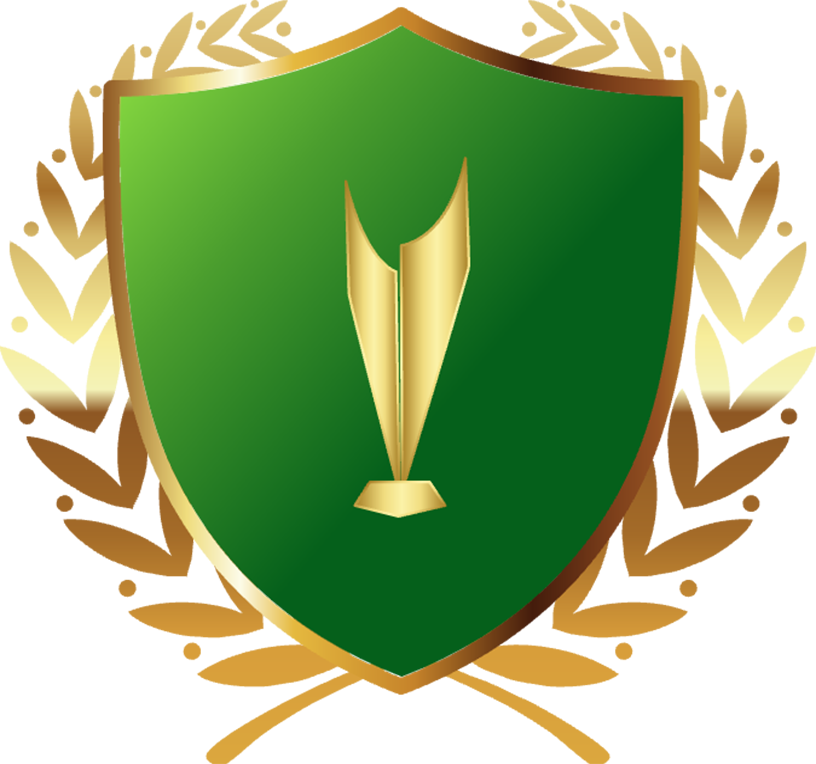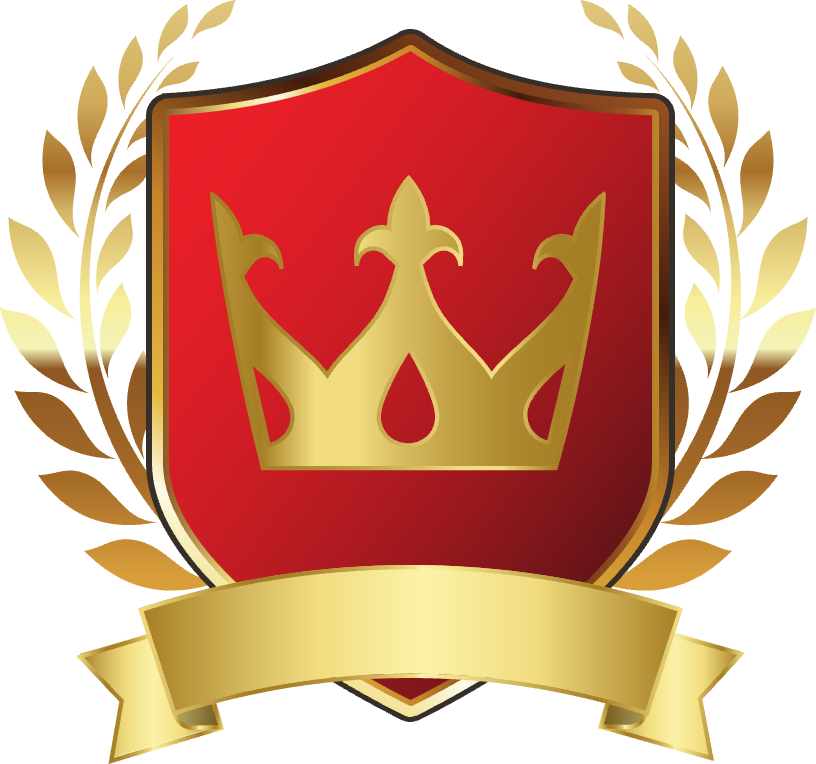

Nguyễn Thị Mỹ Linh
Giới thiệu về bản thân



































1 This app allows you to review your lessons by playing games
2 We were cleaning up the beach when it started to rain
3 Ecotourism provides tourists with opportunities to explore nature
Today, people are producing too much waste leading to the fact that the city landfills are nearly full, rubbish is covering lots of rivers and lakes, which causes water and land pollution. To prevent this, we should recycle things like bottle, plastic appliances and papers. Reusing products instead of throwing them away is another method. Besides, we need to process the waste more carefully: sorting out kinds of waste for easy process, collecting organic trash to make fertilizers for plant. Furthermore, reduce plastic bags. You can use papers and leaves to wrap food instead or utilize organic bags which can be reused
Florence Nightingale was born on May 12, 1820, in Florence, Italy, to a comfortably prosperous family. She was born while her parents, William Edward Nightingale and Frances Nightingale, were on an extended European honeymoon. (Her father changed his name from Shore to Nightingale after inheriting his great-uncle’s estate in 1815.)
The family returned to England the next year, dividing their time between a home in Derbyshire in central England and a grander estate in Hampshire in the south-central part of the country. She and her older sister Parthenope were educated by governesses and then by their father. She studied classical Greek and Latin and modern French, German, and Italian. She also studied history, grammar, and philosophy and received tutoring in mathematics when she was 20, after overcoming her parents' objections.
From a young age, Nightingale was active in philanthropy, working with the ill and poor in the nearby village. Then, on Feb. 7, 1837, Nightingale heard the voice of God, she later said, telling her she had a mission, though it took some years for her to identify that mission.
NursingBy 1844, Nightingale had chosen a different path from the social life and marriage expected by her parents. Again over their objections, she decided to work in nursing, at the time a less-than-respectable profession for women.
In 1849, Nightingale refused a marriage proposal from a "suitable" gentleman, Richard Monckton Milnes, who had pursued her for years. She told him he stimulated her intellectually and romantically, but her "moral…active nature" called for something beyond a domestic life.
Nightingale enrolled as a nursing student in 1850 and 1851 at the Institution of Protestant Deaconesses in Kaiserswerth, Germany. She then worked briefly for a Sisters of Mercy hospital near Paris. Her views began to be respected. In 1853, she returned to England and took a nursing job at London's Institution for the Care of Sick Gentlewomen. Her performance so impressed her employer that she was promoted to superintendent, an unpaid position.
Nightingale also volunteered at a Middlesex hospital, grappling with a cholera outbreak and unsanitary conditions that further spread the disease. She improved hygiene practices, significantly lowering the death rate at the hospital.
CrimeaOctober 1853 marked the outbreak of the Crimean War, in which British and French forces fought the Russian Empire for control of Ottoman territory. Thousands of British soldiers were sent to the Black Sea, where supplies quickly dwindled. After the Battle of Alma, England was in an uproar over the lack of medical attention and appallingly unsanitary conditions faced by the ill and injured soldiers.
At the urging of a family friend, Secretary of War Sidney Herbert, Nightingale volunteered to take a group of female nurses to Turkey. In 1854, 38 women, including Anglican and Roman Catholic sisters, accompanied her to the front. She reached the military hospital at Scutari, Turkey, on Nov. 5, 1854.
Deplorable ConditionsThey had been warned of horrible conditions, but nothing could have prepared them for what they found. The hospital sat atop a cesspool, which contaminated the water and the building. Patients lay in their own excrement. Basic supplies such as bandages and soap were scarce. More soldiers were dying from infectious diseases such as typhoid and cholera than from injuries sustained in battle.
Nightingale headed nursing efforts, improved sanitation, and ordered supplies using significant funds raised by the London Times, gradually winning over the military doctors.
She soon focused more on administration than on actual nursing, but she continued to visit the wards and to send letters home for the injured and ill soldiers. She insisted that she be the only woman in the wards at night, carrying a lamp as she made her rounds and earning the title "The Lady With the Lamp." The mortality rate at the hospital dropped from 60% at her arrival to 2% six months later.
Nightingale applied her education in mathematics to develop statistical analyses of disease and mortality, in the process popularizing the pie chart. She continued to fight the military bureaucracy and on March 16, 1856, she became general superintendent of the Female Nursing Establishment of the Military Hospitals of the Army.
Return to EnglandNightingale returned home in the summer of 1856, once the Crimean conflict was resolved. She was surprised to find that she was a heroine in England, but she worked against public adulation. The previous year, Queen Victoria had awarded her an engraved brooch that became known as the "Nightingale Jewel" and a $250,000 grant, which she used in 1860 to fund the establishment of St. Thomas' Hospital, which included the Nightingale Training School for Nurses.
She wrote a massive report in 1857 analyzing her Crimean War experience and proposing reforms that sparked a restructuring of the War Office's administrative department, including the establishment of a Royal Commission for the Health of the Army. She also wrote "Notes on Nursing," the first textbook for modern nursing, in 1859.
While working in Turkey, Nightingale had contracted brucellosis, a bacterial infection also known as Crimean fever, and would never fully recover. By the time she was 38 years old, she was homebound and routinely bedridden in London for the rest of her long life.
Working mostly from home, she founded the Nightingale School and Home for Nurses in London in 1860, using funds contributed by the public for her work in the Crimea. Nightingale collaborated with Elizabeth Blackwell, the first woman granted a medical degree in the United States, on starting the Woman's Medical College in their home country of England. The school opened in 1868 and operated for 31 years.
DeathNightingale was blind by 1901. In 1907 King Edward VII awarded her the Order of Merit, making her the first woman to receive that honor. She declined a national funeral and burial at Westminster Abbey, requesting that her grave be marked simply.
Her condition worsened In August 1910, but she seemed to recover and was in good spirits. On August 12, however, she developed a troubling array of symptoms and died around 2 p.m. the following day, August 13, at her home in London.
LegacyIt's difficult to overstate the contributions that Florence Nightingale made to medicine, including her work on sanitation and hygiene and on organizational structures, and especially to nursing. Her fame encouraged many women to take up nursing, and her success in founding the Nightingale School and Home for Nurses and the Woman's Medical College opened the field to women around the world.
The Florence Nightingale Museum, at the site of the Nightingale Training School for Nurses, houses more than 2,000 artifacts commemorating the life and career of the "Angel of the Crimea" and "The Lady With the Lamp."